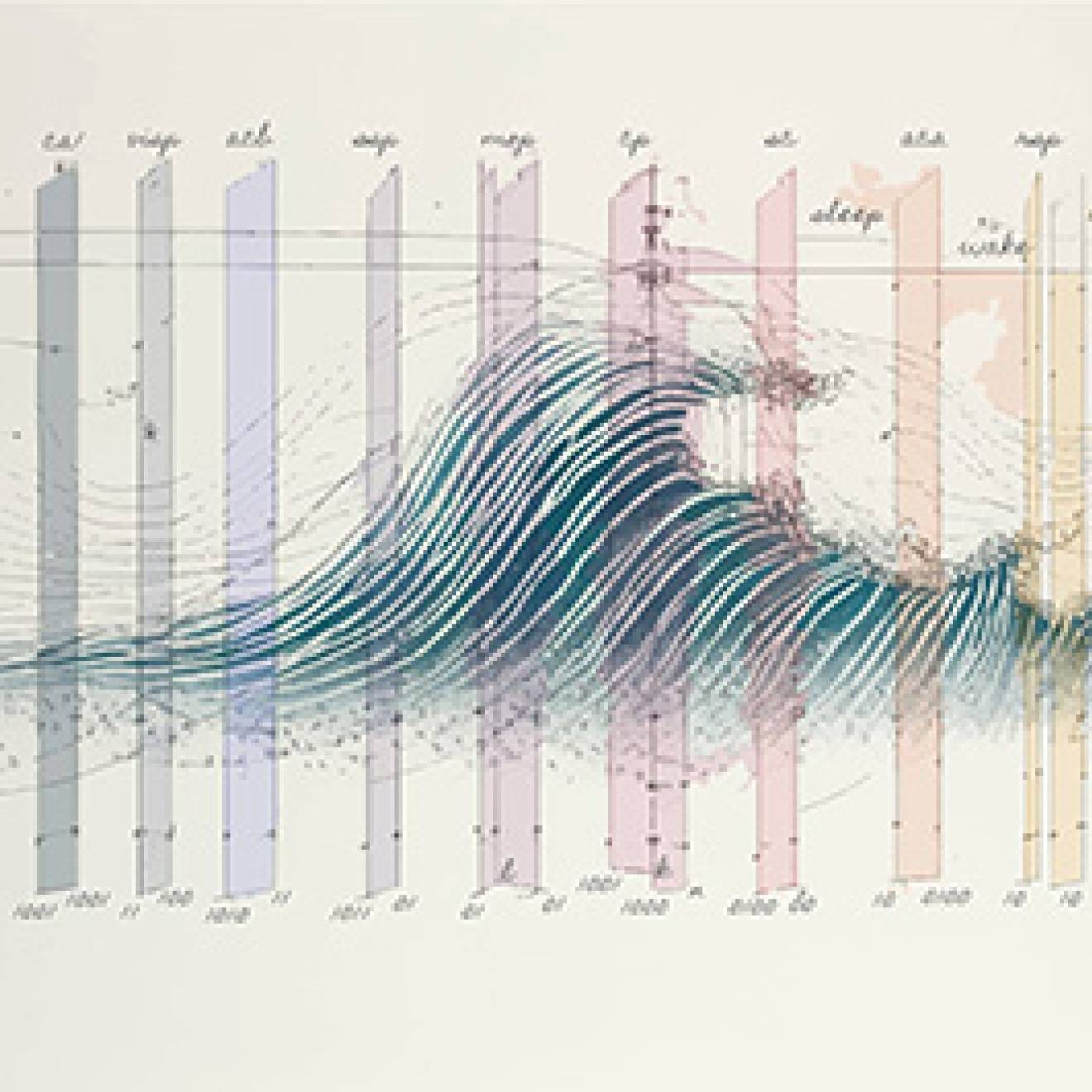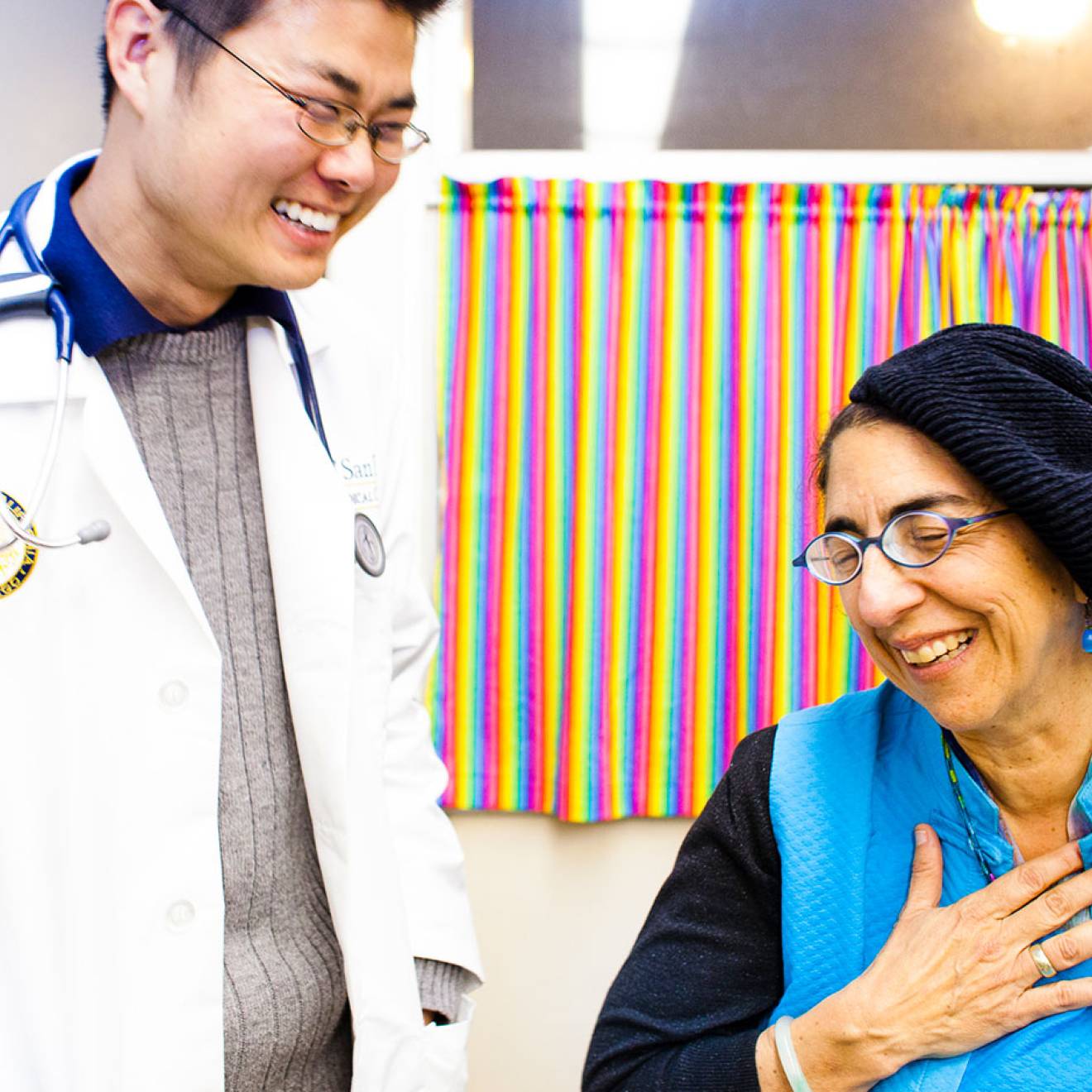Andy Fell, UC Davis

FAPESP, the São Paulo Research Foundation, and UC Davis announced Tuesday (May 12) the launch of a new program to strengthen collaborative research in physical sciences, engineering, biomedical sciences and agriculture within the framework of the cooperation agreement signed by the two institutions in 2012.
The announcement was made during the opening of FAPESP Week UC Davis in Brazil, a two-day event attended by 26 scientists from UC Davis and institutions in São Paulo State to present research findings in a range of knowledge areas. The event is a follow-up to FAPESP Week California, held in November 2014 at UC Davis and UC Berkeley in the United States.
“We already collaborate strongly with FAPESP in social sciences and the humanities. Thanks to this success, we’ve decided to expand our partnership to other areas,” said Harris Lewin, vice chancellor for research, UC Davis.
According to Lewin, 10 projects each lasting two years will be jointly funded. The first call for proposals will be issued by the end of 2015.
Lewin stressed the highly interdisciplinary nature of the research done at UC Davis, where “the walls between disciplines are easily broken down.”
“Our main areas of interest for the years ahead are food security, water security, society, health, energy, the environment, transportation and material science. Our disciplines intersect so much that research projects impact all these areas, which are linked to global challenges and to many of the themes addressed by the centers FAPESP supports in São Paulo. There’s a natural affinity between what goes on at UC Davis and what goes in here in São Paulo,” Lewin said.
For Carlos Henrique de Brito Cruz, FAPESP’s scientific director, UC Davis’s collaborative interdisciplinary research model is inspiring and has several important academic features that are consistent with the search for greater impact by universities in São Paulo State.
“The focus on problem solving at UC Davis’s research centers is especially interesting,” he said. “This is really positive and São Paulo’s scientists have a great new opportunity to collaborate with colleagues at UC Davis.”
Paul Dodd, associate vice chancellor for interdisciplinary research & strategic initiatives at UC Davis, also attended the session. He praised “the incredible work FAPESP has done to put the science done in São Paulo on the world map.”
“We interact with many research funding agencies worldwide, but I don’t know of a single one that has done more than FAPESP to project its research into other regions,” Dodd said.
FAPESP Vice President Eduardo Moacyr Krieger said FAPESP Week — an event already held several times in the United States, as well as other countries such as Argentina, Canada, China, Germany, Japan, Spain and the United Kingdom — has been an important mechanism for strengthening collaboration by researchers in São Paulo with colleagues all over the world. This is first time a FAPESP Week event has taken place in Brazil itself. Appropriately, the event was formally opened on the evening of May 11 with a visit to the Soccer Museum (Museu do Futebol), located at Pacaembu Stadium.

